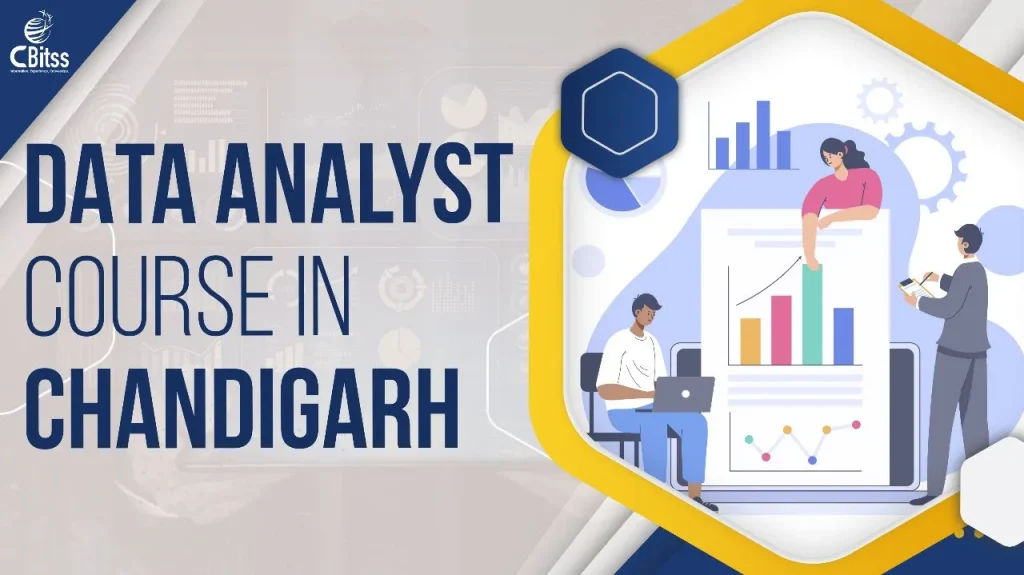
What skills should data analyst learn?
Data analysts require a combination of technical, analytical, and soft skills to excel in their role. Here’s a list of skills that data analysts should consider learning:
Data Manipulation and Analysis
SQL: Ability to write and execute complex queries to extract, manipulate, and analyze data from databases.
Python/R: Proficiency in programming languages for data analysis, manipulation, and statistical modeling.
Excel: Advanced skills in using Excel for data cleaning, transformation, and basic analysis.
Data Visualization
Tableau/Power BI: Creating interactive and informative data visualizations and dashboards.
Matplotlib/Seaborn/ggplot2: Generating visualizations using libraries in Python and R.
Statistical Analysis:
Descriptive and Inferential Statistics: Understanding and applying basic statistical concepts for data exploration.
Hypothesis Testing: Ability to design and conduct hypothesis tests to draw meaningful conclusions.
Data Cleaning and Preprocessing
Identifying and handling missing data, outliers, and inconsistencies.
Cleaning and transforming data to prepare it for analysis.
Data Wrangling
Merging, reshaping, and transforming datasets to create a suitable format for analysis.
Machine Learning Basics
Understanding fundamental concepts of machine learning, such as supervised and unsupervised learning.
Exposure to basic algorithms like linear regression, decision trees, and clustering.
Domain Knowledge
Developing industry-specific knowledge to contextualize data analysis results effectively.
Communication Skills
Presenting complex technical findings to non-technical stakeholders.
Creating clear and concise reports, visualizations, and presentations.
Problem-Solving Skills
Ability to frame business problems into analytical questions and develop data-driven solutions.
Critical Thinking
Evaluating the validity of analysis methods, results, and conclusions.
What do you learn in data analytics courses?
Data analytics courses in Chandigarh It cover a wide range of topics designed to equip you with the skills needed to work with data effectively and extract meaningful insights. The exact content can vary based on the course and the level of expertise (beginner, intermediate, advanced), but here are some common topics you might learn in data analytics courses:
Introduction to Data Analytics
Understanding the role of data analytics in various industries.
Exploring the data analytics process from data collection to interpretation.
Data Manipulation and Cleaning
Using tools like SQL to retrieve, filter, and manipulate data from databases.
Cleaning and preprocessing data to handle missing values, outliers, and inconsistencies.
Data Visualization
Creating various types of charts and graphs to visualize data.
Using visualization tools like Tableau, Power BI, or libraries in Python (Matplotlib, Seaborn).
Descriptive and Inferential Statistics
Learning basic statistical concepts to summarize and interpret data.
Conducting hypothesis tests and making inferences from data.
Data Wrangling
Merging, reshaping, and transforming datasets to prepare them for analysis.
Dealing with data in different formats (CSV, Excel, JSON, etc.).
Exploratory Data Analysis (EDA)
Analyzing data patterns, distributions, and relationships.
Identifying potential insights and trends through EDA.
Introduction to Machine Learning
Understanding the fundamentals of machine learning and its applications.
Exploring supervised and unsupervised learning techniques.
Regression and Predictive Modeling
Building regression models to predict numerical outcomes based on input variables.
Classification and Clustering
Creating models to classify data into categories or clusters based on patterns.
Time Series Analysis
Analyzing and forecasting data points collected over time.
Data Ethics and Privacy
Learning about ethical considerations when working with data, including privacy concerns and legal regulations.
Tools and Software
Getting hands-on experience with tools like Excel, Python, R, SQL, and data visualization platforms.
The content and depth of these topics can vary depending on the course level and the institution providing the training. Data analytics courses aim to provide a well-rounded education that enables you to collect, analyze, and interpret data to make informed decisions and provide valuable insights to organizations.
Read more article:- Dohaj.